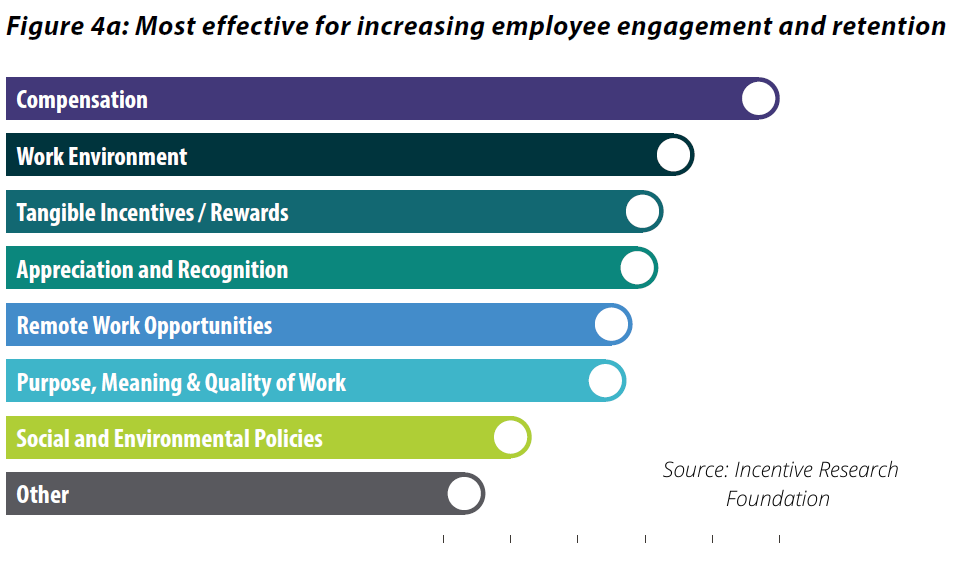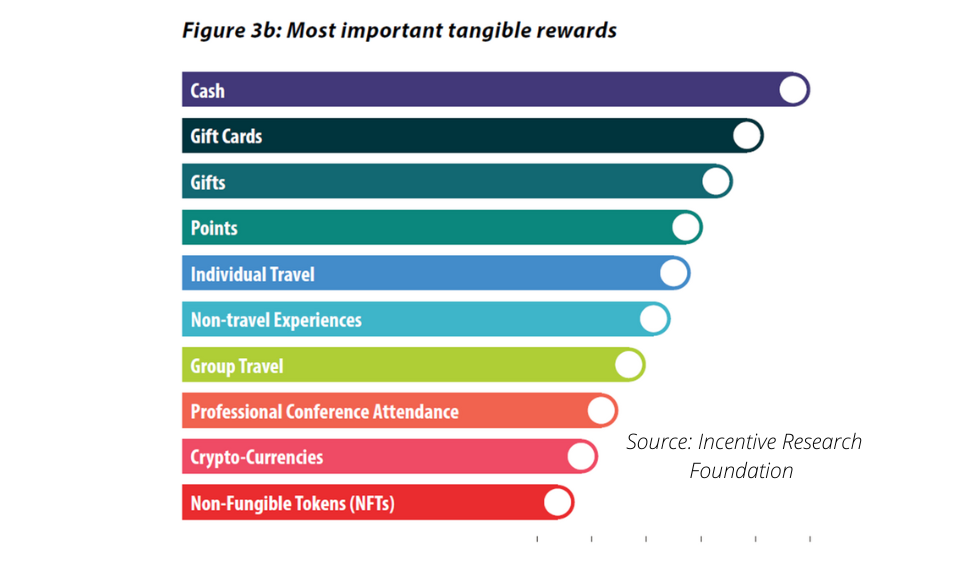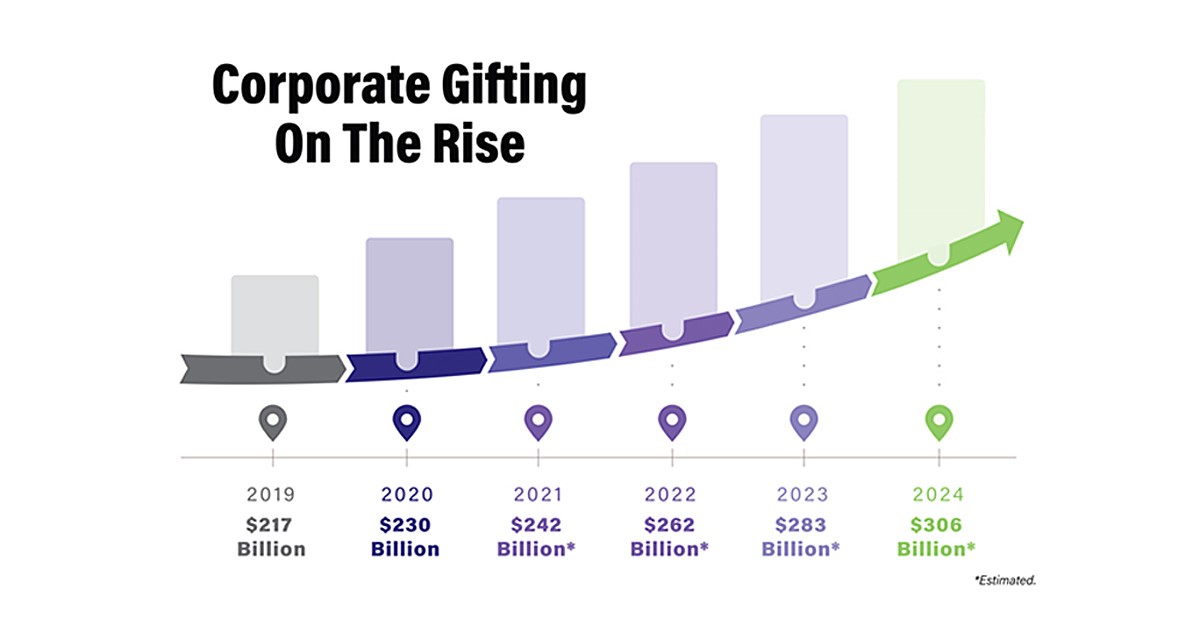New Study Proves Promo Opportunity In Recognizing Largely Remote Workforce

A recent study by the Incentive Research Foundation aimed to establish the importance of incentives in a workplace that has largely been decentralized due to work-from-home policies in order to attract, retain, and build culture. Among other things, the study found that employees and managers find value in tangible rewards.
The Study:
• The Incentive Research Foundation focuses on incentive, recognition and motivation in the workplace and puts specific research into non-cash awards and engagement.
• The recent survey included 1,000 employees who participated in March. Of those polled, 424 were managers.
• The study was approached from the perspective that both managers (62%) and employees (64%) prefer to work in a hybrid or fully-remote capacity. This preference comes with its obstacles related to engagement and recognition.
• The study was conducted by Allan Schweyer, author of Talent Management Systems: Best Practices in Technology Solutions for Recruitment, Retention and Workforce Planning in collaboration with the Incentive Research Foundation and Carnegie Mellon University.

Key Findings:
Motivation and engagement were two of the key factors that respondents were asked about. One-to-one validation and communication from managers was still the most crucial aspect of motivation.
But tangible incentives and rewards were vital in employee engagement and retention, just behind compensation and work environment and ahead of appreciation and recognition programs. Thus, tangible gifts, whether presented to employees privately or as part of a company-wide presentation, tend to be more valuable than public recognition. “Organizations that fail to adjust their tangible and intangible incentives will almost certainly suffer consequences, including increased difficulty in attracting and retaining talent,” the study cites. A few top examples of tangible rewards that many respondents mentioned were cash, gift cards, gifts, and individual travel.
There is no doubt that compensation and cash rewards will remain a top, if not the top, priority among employees, but IRF suggests that there is more to employee retention.
“Events of late suggest that tangible rewards restricted to increased compensation and cash bonuses may put employers at a recruiting and retention disadvantage versus firms that exercise more creativity in their rewards, recognition and incentives,” according to the study.
The theory for this line of thinking comes back to work-from-home habits and a need to meet employers where they are in order to provide them with rewards they can appreciate in their own home, and the implied creativity suggests that there are many ways to accomplish this.
“Gifts” ranked third in most important tangible rewards behind “cash” and “gift cards.” The framework for “gifts” leaves plenty of room for creativity, but modern incentives like non-fungible tokens also made the list.

What Does This Mean For Promo?
IRF’s study reveals that these considerations must be taken into account more closely in the new decentralized workforce. “Non-cash incentives and rewards are, if anything, more vital where a significant percentage of the workforce is remote at any given time,” according to the study.
This leaves ample opportunities for the promotional products industry to provide some of those tangible, non-cash rewards. Another recent study revealed that corporate gifting has drastically risen since 2020.

“Naturally, promotional products distributors and suppliers specializing in corporate gifts are excited to hear the updated estimates, and say the new numbers are reflective of the uptick in business they’ve experienced since many office workers began to perform their duties remotely starting in the initial quarantine period, leaving their employers seeking ways to keep them feeling engaged and appreciated,” PPAI wrote in February.
Distributors in the industry have taken note that corporate gifting or any employee incentive program featuring tangible products need to be thoughtful and specific as opposed to routine or compulsory.
“Overall, our clients are using moments to unleash the power of human connection and deepen their relationships, which in turn increases retention,” says Hillary Feder, MAS, president of Hopkins, Minnesota-based distributor Hillary’s. “Two years ago, people just wanted to get something into their employees’ or clients’ hands to say ‘I am thinking of you.’ Today, we are working more strategically with them to step back and look at the big picture.”
The IRF study suggests as much, and that the mission to make employees feel engaged affects their work in positive ways.
“As every experienced reward program designer knows, incentives intended to change people’s thinking, behavior, or decision-making, require careful thought. They know that peer interaction and appreciation can promote desired behaviors by focusing positive attention on the people exhibiting those behaviors,” cites the study.

